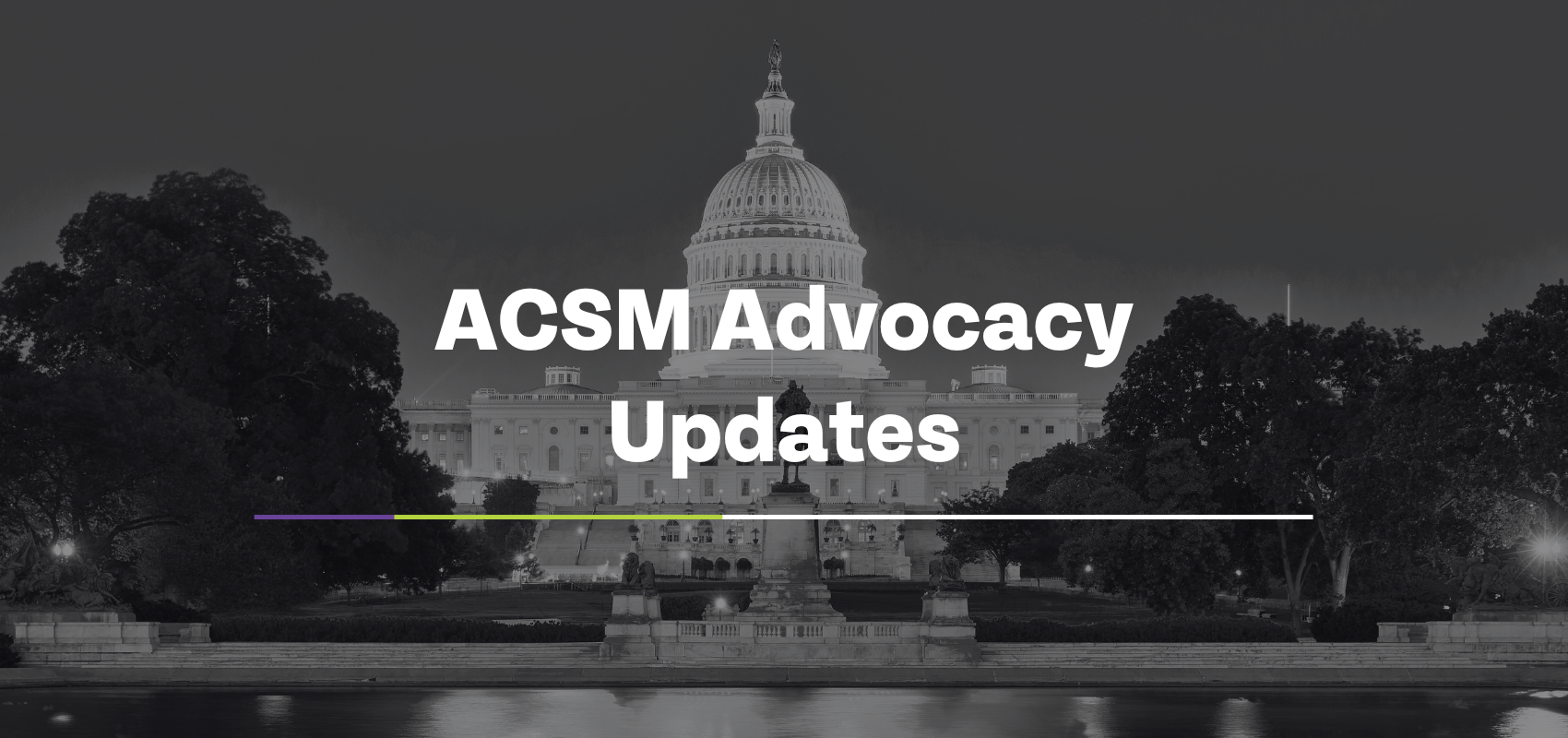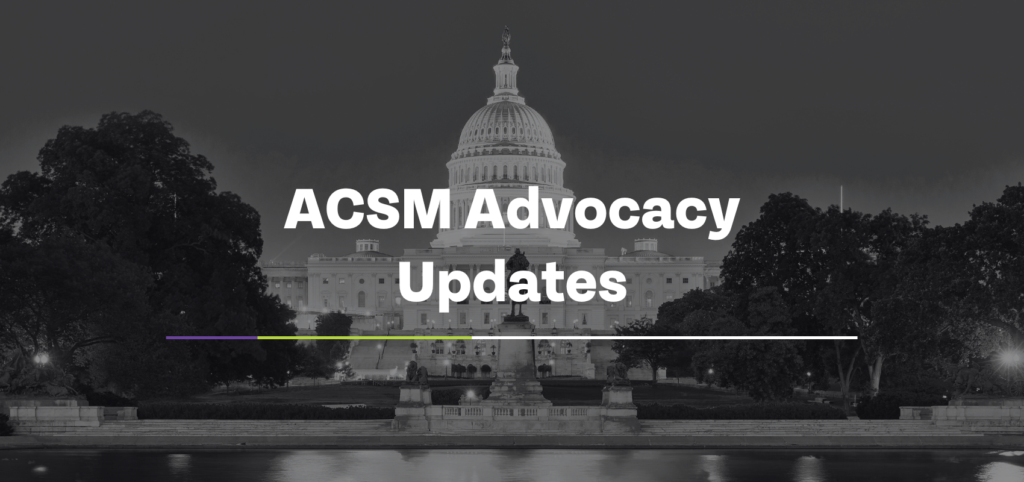House Passes Budget Resolution with Major Tax Cuts and Spending Reductions
On February 25, 2025, the House of Representatives narrowly approved a budget resolution in a 217-215 vote. Unlike the Senate’s two-bill reconciliation approach — where the first bill focuses on border security, defense, and energy policies — the House has opted for a single, comprehensive reconciliation bill.
The House resolution includes $4.5 trillion in tax cuts while also raising the national debt ceiling by $4 trillion. In addition, it outlines $1.5 trillion in spending cuts, with $880 billion of those cuts falling under the jurisdiction of the House Energy and Commerce Committee. Many expect that reductions recommended by this committee could significantly affect Medicaid and Medicare Part B.
Before becoming final, the House budget resolution must be reconciled with the Senate’s version to ensure both chambers operate under the same legislative framework.
The text of the House budget resolution is available here.
Jay Bhattacharya Testifies Before Senate Committee on NIH Nomination
On March 5, the Senate Health, Education, Labor, and Pensions Committee questioned Jay Bhattacharya, President Donald Trump’s nominee for director of the National Institutes of Health (NIH). He is medical doctor, health economist, and professor at Stanford University.
During his testimony, Bhattacharya outlined his five key priorities for the NIH:
- Focusing research on chronic diseases
- Ensuring scientific reproducibility
- Promoting free speech and allowing dissent within NIH
- Prioritizing innovative, groundbreaking research over incremental studies
- Regulating high-risk research with greater transparency
Bhattacharya’s Funding and Research Priorities
Bhattacharya expressed his commitment to ensuring NIH researchers have the resources they need. He agreed with Senator Rand Paul’s proposal to restructure NIH grant committees to focus on improving public health while also recognizing the importance of basic research.
Regarding NIH’s cuts to Facilities and Administrative (F&A) costs, he noted that at Stanford, indirect costs amount to approximately 55% of research funding. He noted concerns about institutional overhead and emphasized his opinion that the need for NIH funding should be directed primarily toward research itself. Bhattacharya also stated he would advocate for the reinstatement of the NIH advisory councils if confirmed.
Bhattacharya’s Position on Vaccine Policy and Grant Accessibility
Senator Maggie Hassan urged Bhattacharya to fully support vaccines and avoid hesitation that might undermine public trust in their life-saving benefits.
Bhattacharya agreed with Senator Roger Marshall on the importance of expanding grant opportunities to early-career researchers and scientists from nontraditional institutions.
When asked whether increased funding for chronic disease research should come at the expense of infectious disease research, Bhattacharya affirmed that the NIH could—and should—prioritize both. He acknowledged the limited progress in long COVID research but pledged his support for continued study in that area.
If confirmed, Bhattacharya has communicated his focus areas will be to reshape NIH policies, foster transparency, and refocus research priorities to better serve public health needs.
NIH Resumes Grant Review Meetings After Seven-Week Pause
After nearly seven weeks of halted communications, the National Institutes of Health (NIH) has begun rescheduling grant review meetings. The first notice, issued on March 4, announced four study section meetings, followed by additional notices on March 5 (16 meetings), March 6 (30 meetings), and March 7 (four meetings), totaling 54 rescheduled sessions. On March 10, NIH announced 11 more meetings, signaling that the Center for Scientific Review is working to restore the review process for previously canceled sessions.
NIH’s two-tier peer review system operates under the Federal Advisory Committee Act, which requires public notice of study section meetings in the Federal Register at least 15 days in advance. However, a communications freeze imposed on January 22 by acting leadership of the Department of Health and Human Services prevented NIH from issuing external communications, including required public notices. As a result, many study section meetings were either postponed or canceled.
The recent announcements indicate that NIH is working to resume its review process and address delays caused by the pause.


